Security was tightened in New Delhi after farmers' unions from India's northern grain-producing states called for protests on February 13. A day earlier, their efforts to negotiate with officials to secure minimum prices for a range of crops failed, according to Reuters.
At midday on February 13, police fired tear gas to disperse protesters at Shambhu, the intersection of Punjab and Haryana states, about 230 km north of New Delhi. Many people had joined the march from Shambhu.
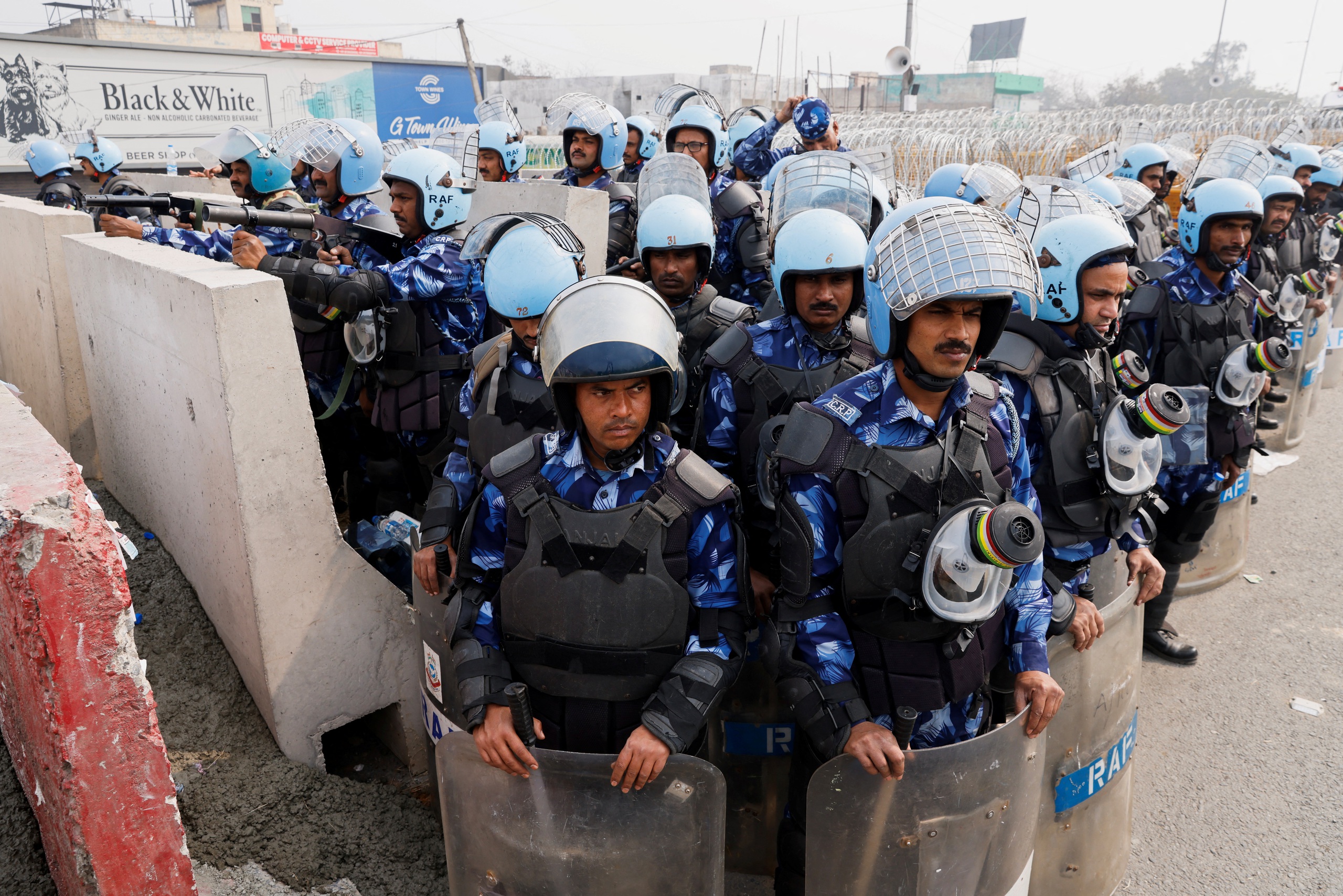
Police stand next to barricades erected to block protesters from marching to New Delhi on February 13.
The march was the latest in a series of similar protests that began more than two years ago and comes months before national elections in which Indian Prime Minister Narendra Modi will seek a third term, with farmers becoming a key constituency.
Farmer groups are seeking assurances from the government that they will provide more support or buy their crops at a minimum price. They also want the government to honour its commitment to doubling their income.
After talks with leaders of farmers' unions, Indian Agriculture Minister Arjun Munda told reporters that some issues had been resolved but further discussions were needed.
Police have banned large gatherings in New Delhi and blocked major routes leading from Punjab to the Indian capital.
The Indian government announces minimum prices for more than 20 crops each year, but state agencies buy only rice and wheat at these prices, benefiting only about 6% of farmers.
In 2021, when Prime Minister Modi's government repealed the farm laws after farmers protested, it said it would set up a panel to find ways to ensure price support for all crops.
Source link



![[Photo] Prime Minister Pham Minh Chinh attends a conference to review one year of deploying forces to participate in protecting security and order at the grassroots level.](https://vphoto.vietnam.vn/thumb/1200x675/vietnam/resource/IMAGE/2025/11/12/1762957553775_dsc-2379-jpg.webp)


![[Photo] Highways passing through Dong Nai](https://vphoto.vietnam.vn/thumb/1200x675/vietnam/resource/IMAGE/2025/11/12/1762940149627_ndo_br_1-resize-5756-jpg.webp)

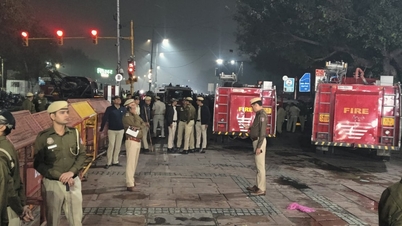

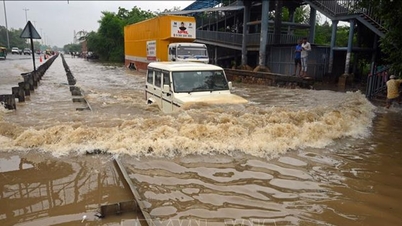

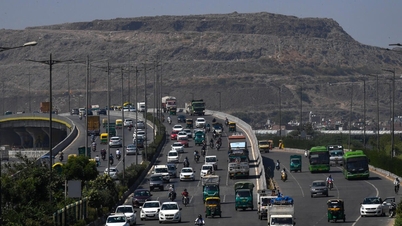



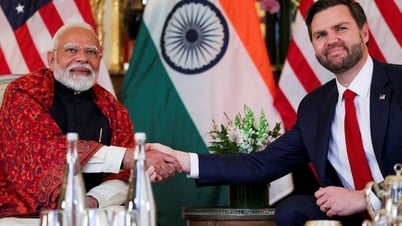




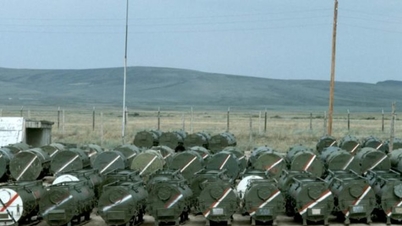











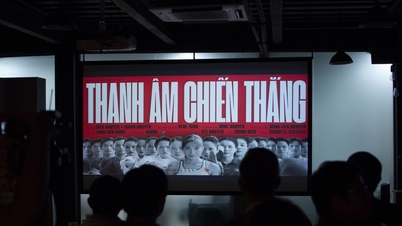








































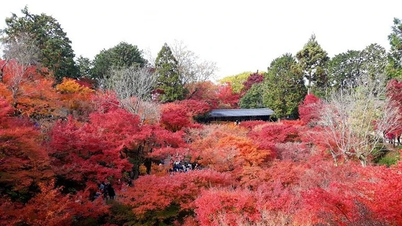













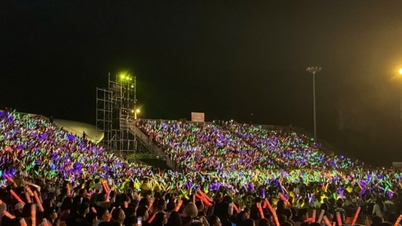
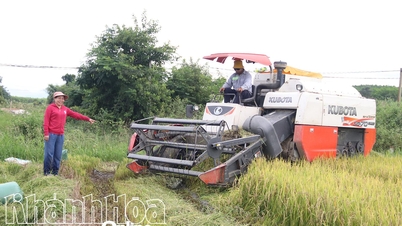



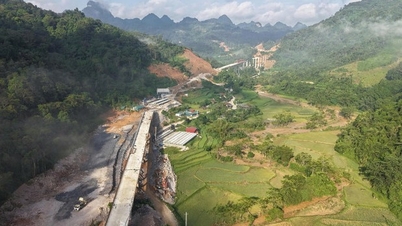
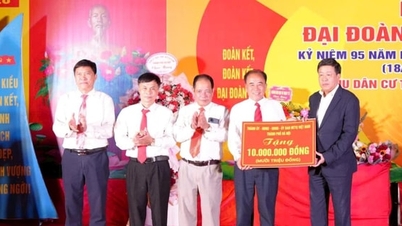








![Dong Nai OCOP transition: [Article 3] Linking tourism with OCOP product consumption](https://vphoto.vietnam.vn/thumb/402x226/vietnam/resource/IMAGE/2025/11/10/1762739199309_1324-2740-7_n-162543_981.jpeg)







Comment (0)